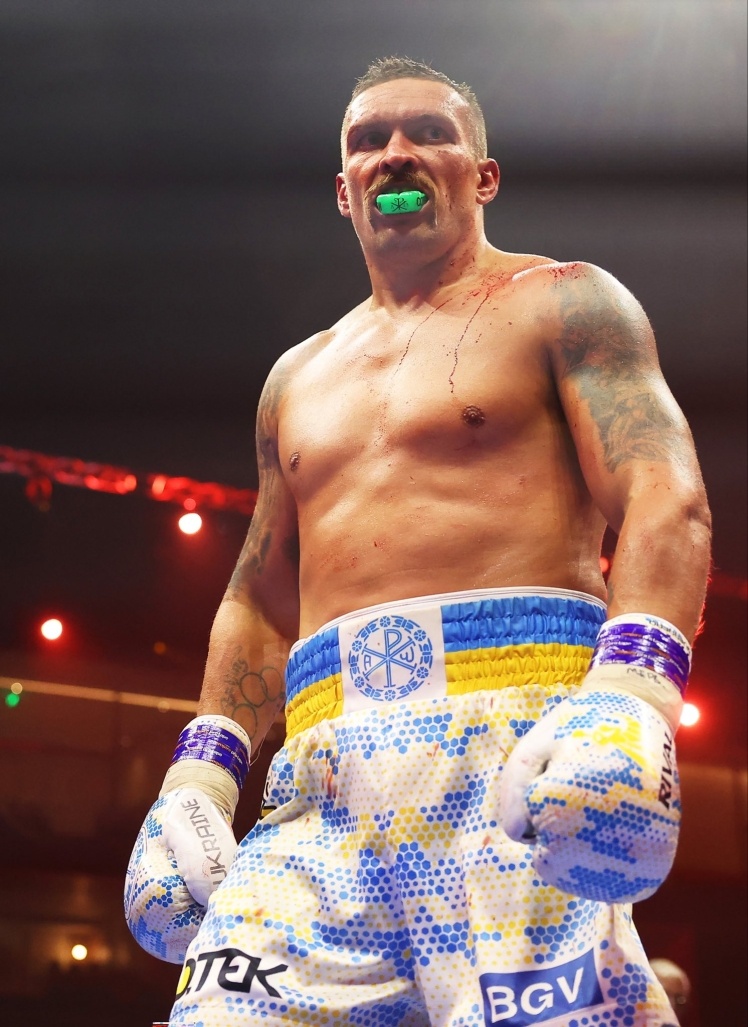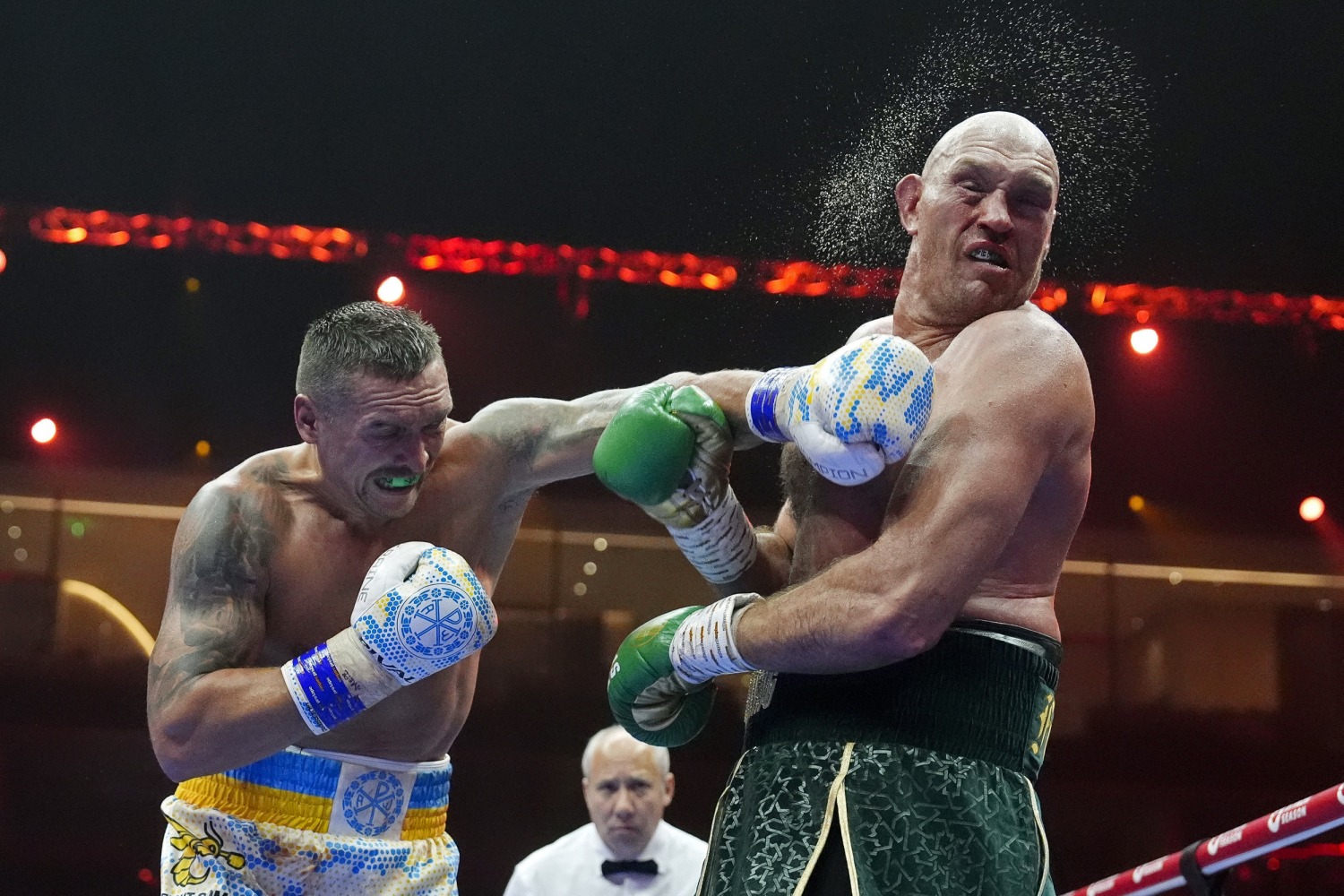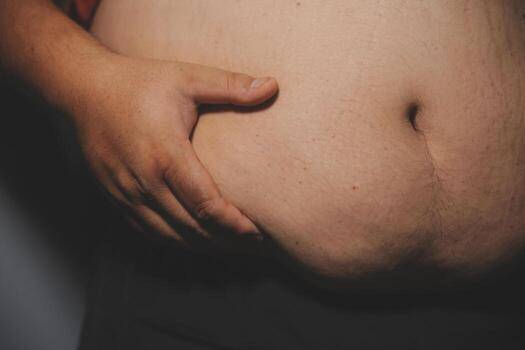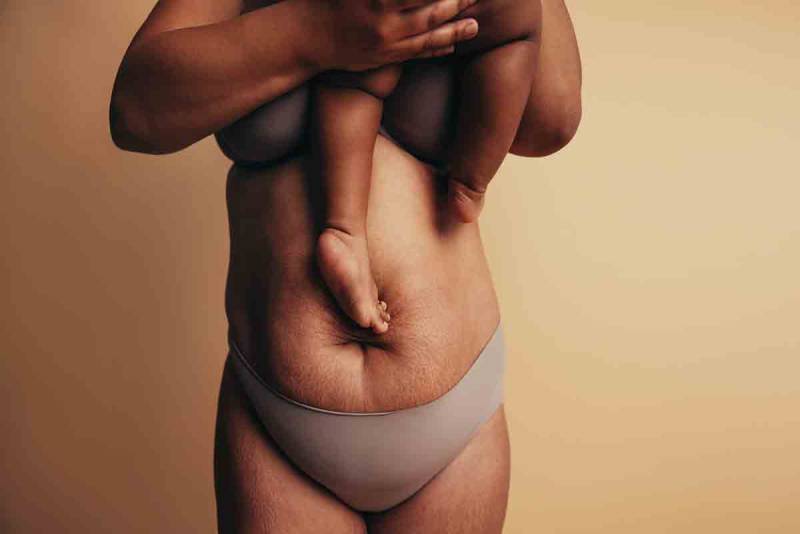In a pine-scented corner of the Carpathian Mountains, far removed from the lights of London or Kyiv, something close to madness is happening. But it’s not the kind of madness you run from—it’s the kind you lean into when genius comes dressed in eccentricity. Oleksandr Usyk, Ukraine’s undefeated heavyweight and current WBA, IBF, WBO, and IBO champion, is doing what he always does before a fight: disappearing from the world and becoming something else entirely.
His training camp is a place where logic and legend blur. One minute he's juggling, the next he's sprinting in knee-deep snow, then plunging into an ice-cold river while laughing like a madman. He dances to Ukrainian folk songs and punches water. Not metaphorically—literally. In an era of cold science and data in boxing, Usyk reminds us that preparation can be a performance art. And in this performance, every move has meaning, even if it doesn't look that way to the untrained eye.
This wild routine isn’t a gimmick. It’s a ritual. It’s rooted in something much deeper than sports science. It’s culture. It’s war. It’s survival. Usyk, like his country, has been at war—emotionally, physically, and spiritually—since Russia invaded Ukraine in 2022. And his training camp feels like a microcosm of that national resilience. There are moments when he’s seen staring out into the forest, lost in thought. His team doesn’t interrupt him. They know he’s not just preparing for Daniel Dubois; he’s shouldering the weight of a flag, a cause, a people.

Related article - Uphorial Podcast

He once said, “I don’t just fight for belts. I fight for Ukraine.” That shows. When he runs uphill at sunrise, it’s not for stamina alone—it’s resistance training against despair. When he punches a bag to the beat of a military drum, it’s not rhythm he’s chasing—it’s resolve. Usyk trains with a monk-like intensity and a clown’s unpredictability. Somewhere between that paradox, greatness breathes. His opponent, Daniel Dubois, is no pushover. A British powerhouse with a chin carved from stone and fists that erase plans. But while Dubois prepares with fire, Usyk trains with water, flowing, adapting, ungraspable. You can’t out-muscle water. You can’t corner it. Usyk knows this. His camp isn’t about brute force—it’s about becoming untouchable. Mentally, physically, spiritually.
What makes Usyk such a captivating figure isn’t just his movement inside the ring; it’s the movement inside his mind. A man who quotes Tolstoy and cracks jokes in three languages, Usyk walks the line between philosopher and prankster. His teammates call him unpredictable. He might start shadowboxing in a supermarket aisle or burst into song during a tactical meeting. But when the time comes, when the gloves go on and the bell rings, every inch of chaos turns into clarity. And now, as the undisputed bout with Dubois looms, the camp intensifies. The music is louder. The river is colder. The mountain runs steeper. There’s a sense that this is not just another fight for Usyk—it’s a mission. In his cryptic way, he alluded to it: “The lion doesn’t hunt every day. But when he does, the forest goes silent.”
The silence will fall soon. On fight night, all the madness—the juggling, the ice baths, the songs, the war-drum workouts—will coalesce into a single purpose. Usyk won’t just enter the ring as a boxer; he’ll enter as a story, one still being written by the strength of a people who refuse to break. And if Dubois intends to win, he won’t just have to beat the man—he’ll have to outlast the myth. Because Usyk isn’t training to fight. He’s training to remember who he is. And remind us.



